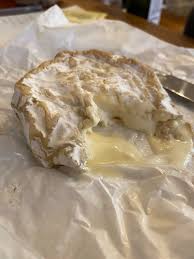 Ever since Malthus theorised that growth of population was exponential while the food supply to feed the population was linear, consequent fear of worldwide famine has yet to occur. Malthus was proved wrong, but his concept may yield to a different mathematic equation.
Ever since Malthus theorised that growth of population was exponential while the food supply to feed the population was linear, consequent fear of worldwide famine has yet to occur. Malthus was proved wrong, but his concept may yield to a different mathematic equation.
Across the World where there has been continual war, there is famine, as brutality has no boundaries in space and time. Warrior mercenaries with the lethal toys attuned to their primitive minds lay waste to huge swathes of arable land. These actions, often in the name of religion, make a mockery of what Christ said: Suffer little children to come unto me, and forbid them not, to come unto me: for of such is the kingdom of heaven.
At the same time, we look from our comfortable sofas at these children -infants with shrivelled bodies and wide-opened eyes staring blankly into distraught mothers’ faces because she has no food to feed her child. These are the children of marasmus. Just starved to death while the world with its chicken nuggets grazes on. On the other hand, kwashiorkor may not look like malnutrition because it causes swelling and bloating. No balanced diet – a total lack of protein as the child progress to become a fat-stained bag of salt water with articulated bones floating in human soup.
So, what of the future when the modern Vandals have fished out our seas and rivers; and the crustacea from the bleached coral forest? And in this new World has anybody seen any kelp forest lately?
Meat becomes too dear to buy, and some may revert to our hunter-gatherer heritage seeking protein wherever we can get it. No longer truffles under chestnut trees; nor caviar from long gone sturgeon and as for pink champagne, the last bottle has exploded with our ingenuity able to produce drones the size of pinheads but now with capability of blowing up the world.
Then I awake from my reverie and yes, our gourmets are entering the world of reptile consumption. Yep, the taste of crocodile is a bit like rabbit. Python though is now on the menu of that “fine dining restaurant” with a soufflé of Yangtze soft shell turtle eggs.
The photo above shows a normal Asian market unfortunately selling a cheaper more pedestrian snake.
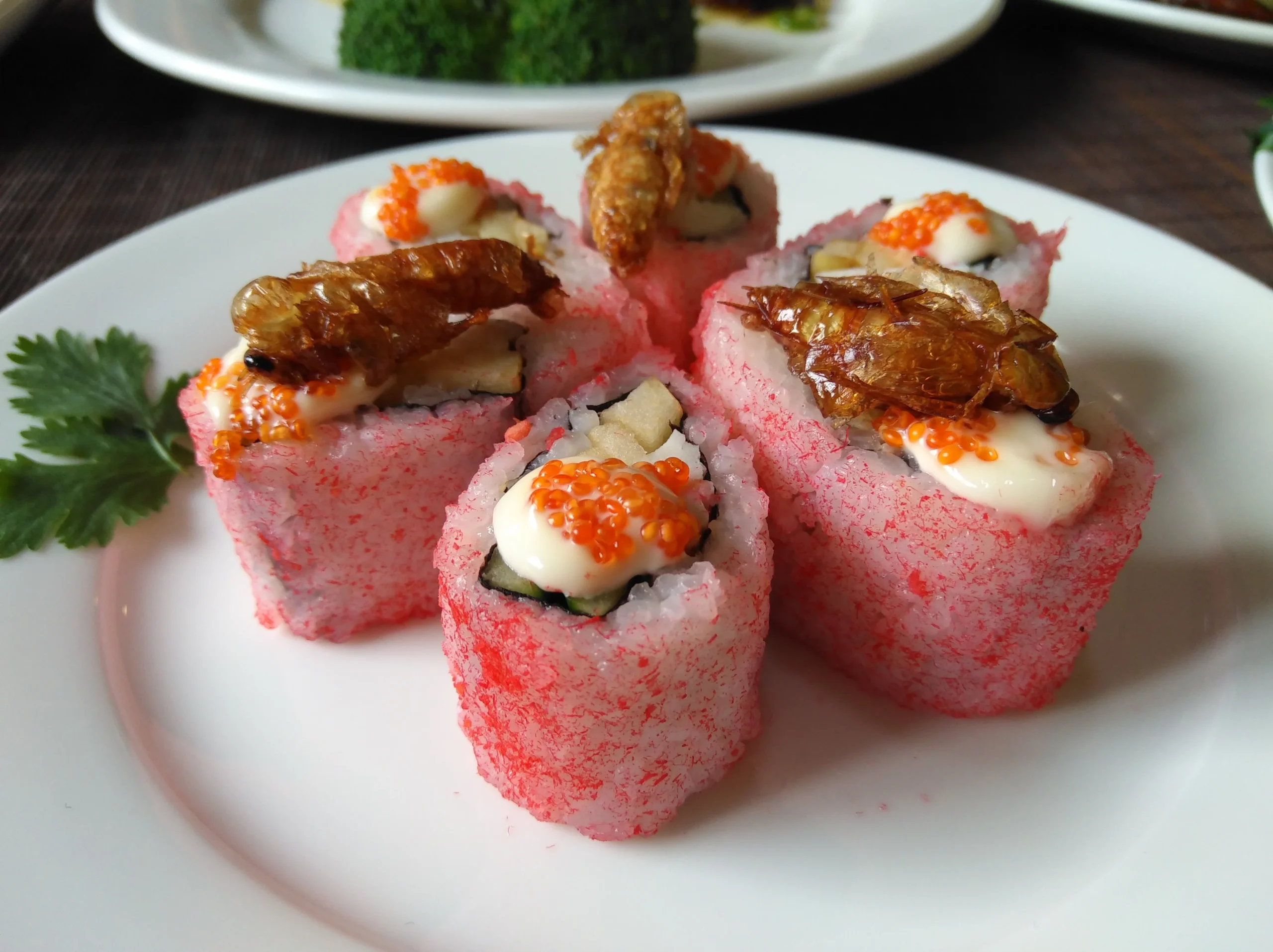
And then delving into the world of insects – what about cockroach crunch and aspic of mosquito and hornet? At least the World has a great deal of protein to consume before reverting to my reverie in black.
Nutrition often seems less the reason for reptile consumption but seeking the perfect aphrodisiac. Pursuing the extinction of the species in search of the perfect orgasm. Is that what those Trump evangelicals call Rapture?
If it Quacks, maybe it is a Nutritionist
 Discussing nutrition, there was this “whack job” who called herself a nutritionist, advocating the consumption of carrots to engender a tan. Having seen someone who consumed a bizarre number of carrots in order to get a tan and who found themselves turning orange with the colour concentrated in the skin creases, I find myself bemused. If one wants to look like Donald Trump with his full peau d’orange look – pitted discoloured orange coloured skin – go ahead. If you do, it will be just another form of navel gazing.
Discussing nutrition, there was this “whack job” who called herself a nutritionist, advocating the consumption of carrots to engender a tan. Having seen someone who consumed a bizarre number of carrots in order to get a tan and who found themselves turning orange with the colour concentrated in the skin creases, I find myself bemused. If one wants to look like Donald Trump with his full peau d’orange look – pitted discoloured orange coloured skin – go ahead. If you do, it will be just another form of navel gazing.
Anybody can call themselves a “nutritionist”. There is no regulation unlike for dieticians. All dieticians have graduated with an accredited dietetics degree from an Australian university or studied overseas and are examined. In other words, they are a regulated health profession. The problem with the growth of unregulated quackery, it is aided and abetted by a lack of curiosity by some members of the general public.
It is about time to regulate nutritionists advocating a diet that may be carcinogenic. No brainer, but I wouldn’t hold my breath.
Brittany
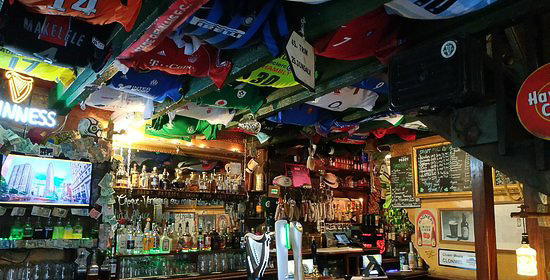
Sitting in a bar in Saint Malo surrounded by the props of Irish culture, its flag, the schooner of Guinness, the voice of Sinead O’Connor. Yet, the bar is full of the French speakers with their red hair and blue eyes; not an Irish brogue between them. This is the bar of the Bretons.
In any event, when I asked whether they had any records of Alain Stivell, the Breton Celtic harpist, the patron shook his head and changed Sinead O’Connor to Clannad.
The wind outside had dragged the September rain into swirling masses. At times the sun glinted through the sheets of water as they twisted in the wind. Still reluctantly, I withdrew back from the rain-stained window and forced myself to order another beer.
The Breton seafood platter was full of shellfish I knew would make good fish bait – I think they were called cockles, whelks as well as small clams. These clams I recognised, plus a couple of unfamiliar oysters and spider crabs which I’ve always thought a waste of time. I left the platter unfinished.
Breton crepes called galettes, on the other hand, were food that I liked, given that it has its relative “wraps” eaten all over the world, like tacos, for instance. Galette crepes are made from buckwheat flour. Ham and cheese crepe is the commonest filling cooked in fluent Breton. But as long as it is savory with a umami flare lighting up my taste buds, then it is my typr of comfort food.
But Brittany is not just an exercise in eating.
Wandering the beach, the clouds sullen overheard indicative of the September rain, and ocean similarly steel blue, the hotels all boarded up for the oncoming winter, at least I had the beach to myself. There is an exhilaration I find in an empty beach, something about being close to nature
Likewise, I am wandering along the pink Granite Coast, where the cliffs were more terracotta than pink in the autumn sun, Again I found I was walking alone, revelling that only I was viewing a scene of a deep blue sea washing against these distinctive cliffs. Being alone means that, for an instant in time, I was unique in my cliff top belvedere. Only I could transfix that moment of solitude.
However, the reality is that my sojourn in Brittany is being in that part of France which owes its genetic pool to that of the Celts. It is too simple to say that the Bretons are Welsh who did not go home. There is no sign of a Breton separatist movement, but why should there be? Not all Celts want a fight.
The fact is that whether driving or going by fast train TGV to the port city of Brest, Brittany flashes by, the industrialised skyline prominent– every town along the railway line may have its scenic collection of houses and its fifteenth century churches but on the outskirts there is the evidence of conventional light industry and urban sprawl.
No longer was Brittany the caricature of little old ladies in Breton lace hats speaking their own Breton language while the menfolk went somewhere out in the Atlantic Ocean fishing for a living.
Still, I came to Brittany for several reasons to complete my tour of the Celtic nations – first, to say that I have been to all Celtic nations, tried the seafood and visited Mont St Michèle (actually in Normandy) and stood in the porch of a Breton Church – the porch so large that all the village could meet within its confines.
Pure curiosity in the end just drove me to visit these remnant Celtic civilisations, one that once dominated large swathes of Europe reaching its peak about 300 B.C. It was my Irish heritage speaking in my subconscious which drove this quest. I can reasonably imitate into an Irish accent; yet I has found learning the language just too daunting – life is too short if you are not likely to live within the Gaeltact which covers Donegal, Mayo, Galway and Kerry. (I remember it being spoken also on the islands of Aran).
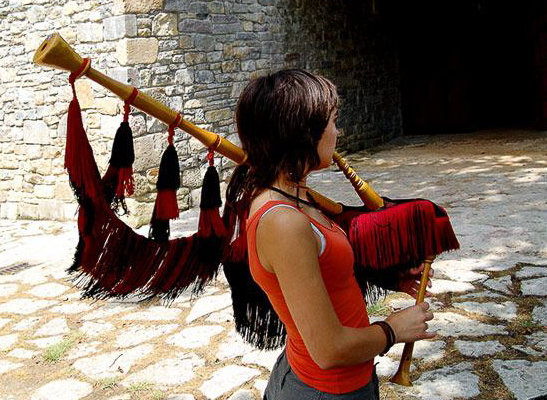
Wales, Scotland, and Cornwall are part of the Celtic nation – less known is that there were also Devonian Celts, which included one of my ancestral lines. Since that visit, unbeknown to me at the time; and thinking I knew all the inglenooks of Celtic culture, I discovered I was wrong. I found another Celtic nation. When I visited Santiago de Compostela in Galician Spain , I was coming around a corner when I saw two people – one male, one female playing the gaita – the local version of bagpipes – one of the symbols of Celtic heritage. Galicia is Celtic Iberia.
Still one Celtic area remains unvisited – the Isle of Man where Manx once was spoken. The last native speaker, a fisherman died in 1974. Manx was linked to Gaelic.
It is a long time since I went to Brittany, and much of my touring was wedged between other business I had to do. I did not have the luxury of a “month in Brittany, immersing myself in things Breton”. It’s just an anecdote in my life – just idly reminiscing, prompted by a handwritten scrap, my unfinished note, falling out of a book, where it was serving as a bookmark. It is a recurrent theme, leaving old plane tickets and other pieces of detritus in many of the books I have only partially read. But in this instance, I found what I had written interesting. You may not.
Vengeance
The rule of thumb was that the idiot son in the English aristocratic family was consigned to the Church. I thought of that generalisation when I read another pertinent (or impertinent) comment “In America, intelligent people go to technology, curious people go to science, creative people go to the Arts, greedy people to finance and the idiots go to work for the State Department.”
Witness, the USA representative explaining why the USA vetoed a UN motion supporting Statehood for Palestine “Our veto against Palestinian Statehood does not reflect opposition to Palestinian statehood”. One can only parse this as some infantile obfuscation.
Thus, if one accepts the premise of the standard of the State Department so clearly demonstrated in this sentence, then the Keeper of the Idiot Key is Antony Blinken. Now discounting that he is Jewish, he nevertheless must have some inner misgivings about the current situation of the World. At least, it is a hope, but let’s review his involvement with Julian Assange.
Despite his sad sack demeanour, behind the scenes he has promoted his views very strongly. One source described him as outspoken during the time he worked with both Obama and Biden in various capacities in the Secretariat of State and the White House.
As reported: He was {considered} highly influential in developing Biden’s approaches to Iraq and Afghanistan — including the post-surge drawdown of troops in Afghanistan — that were adopted by Obama. His frequent travel to Iraq and other geopolitically important areas, and a Rolodex of international contacts he had developed in the Clinton White House and at the Foreign Relations Committee, gave Blinken a firsthand feel for major issues facing the president.
And, while the decision to intervene militarily in Libya was often portrayed as one driven by a set of powerful women — Susan Rice, Samantha Power and Hillary Clinton — Blinken and Ben Rhodes, Obama’s deputy national security adviser for strategic communications, were among the vocal minority who argued it was in America’s interests to stop Muammar Qadhafi from slaughtering his own people.
Assange mocked Obama from the sanctuary of the Ecuador Embassy for defending free speech in the Arab world in an address to the United Nations, pointing to his own experience as evidence that Obama has “done more to criminalise free speech than any other U.S. President.”
In mocking Obama, Assange was mocking Antony Blinken, the man behind the curtain; a man close to the ear of both Obama and Biden. No wonder he has scaled the heights, a man who I suspect does not have much of a sense of humour and a man of little forgiveness. An Old Testament belief in a vengeful God perhaps?
The background for this imbroglio occurred in 2010 when Chelsea Manning, then Bradley Manning, when as an intelligence analyst in the US military, blew the whistle on Assange and WikiLeaks about US war crimes.
In 2013, Manning was convicted of seventeen serious criminal charges and sentenced to 35 years maximum security imprisonment. During that time in prison, Bradley became Chelsea after gender assignment surgery. Four years later, the Government acknowledged the wrong in imprisoning her and her sentence was commuted by US President Obama and she was released from prison in 2017.
Since 2010 when the US named Assange as effectively an enemy of the state and, in 2019, when charged with multiple breaches of the US Espionage Act which carried a maximum sentence of 175 years in prison, the whole matter seemed excessive. Why ever since evicted from the UK Ecuador Embassy, Assange has been held in solitary detention in a UK maximum security prison, awaiting extradition to the US?
In a matter of Public Importance in the Australian Senate on 2 August last year, Senator Shoebridge asked the question “What was Julian’s crime? Telling the truth and telling this history. He told the truth and the reality about the US-Australia relationship. The real reason Julian Assange is still in jail is that, whether it’s Prime Minister Albanese or Prime Minister Morrison, Australian leaders are willing to trade a citizen’s liberty, their right to speak truth to power, for a close and unquestioning bear hug from a US president. They say truth is the first victim of war and, in the case of Julian Assange, that’s a truth the whole world is seeing… what is happening to Julian Assange is an outrageous attack on journalism and on the truth…. This included thousands of documents that exposed the brutal reality of US led wars. One of those was the deeply distressing video of cold-blooded murder by a US Apache helicopter of Iraqi citizens that included two Reuters journalists.
Days before that speech, in Brisbane, US Secretary of State Antony Blinken launched an attack on Assange. He alleged in Australia that Assange had not only engaged in serious criminal conduct but had risked harm to US national security. All the while, Australia’s Minister for Foreign Affairs, Senator Wong, stood by mutely, not defending Assange against Blinken’s diatribe. Obviously, Blinken was testing whether he would generate any backlash from this country. Once it was clear that any response from his Australian counterpart was non-existent, he knew that his intransigency had prevailed.
 Blinken probably assessed that in Australia Assange did not much excite the community, despite the Shoebridge speech in the Senate. The perception that Assange was arrogant, a “smart-arse” who thought he could outmanoeuvre the forces of vengeance was the initial view and did not generate much sympathy especially as he seemed to wallow in the notoriety. His judgement was appalling, instead of coming back to Australia, he preferred to play on the international stage. If he had come back to Australia in 2010, Australian nationalism and resentment of American bullying would have kicked in. But he didn’t. Hubris has its problems with such an uncompromising flint as Blinken.
Blinken probably assessed that in Australia Assange did not much excite the community, despite the Shoebridge speech in the Senate. The perception that Assange was arrogant, a “smart-arse” who thought he could outmanoeuvre the forces of vengeance was the initial view and did not generate much sympathy especially as he seemed to wallow in the notoriety. His judgement was appalling, instead of coming back to Australia, he preferred to play on the international stage. If he had come back to Australia in 2010, Australian nationalism and resentment of American bullying would have kicked in. But he didn’t. Hubris has its problems with such an uncompromising flint as Blinken.
If Australia wants to get Biden to stop fidgeting about Assange, it is important to single Blinken out as the block.
How can one excuse the limp pressure our Government has applied against Assange’s outrageous imprisonment in the United Kingdom for the past five years. Australia is a nation born of unjust British law, and thus it should be natural that this nation unequivocally and vocally call out for Assange’s release, even if it does involve chilling a few cocktail parties in Washington and London. Assange, for all his personality flaws, is a political prisoner, no different from one being a held in Russia or China.
Blinken is no idiot, as the generalisation of the one about recruits into the US State Department above would suggest. Yet remember that all generalisations are untrue, and this is a generalisation.
And one word for Blinken’s ongoing actions in relation to Assange – contempt. Oh, I forgot another word – “alleged”.
Mouse Whisper
I could not miss hearing the President of Columbia University, Minouche Shafik, a very distinguished economist, who has contributed her undoubted expertise to the current stability of the world monetary system and now has found a well-earned sanctuary in that particular New York University where the previous President earned a measly $4.6m annually.
I stood in awe while she robustly criticised the anti-Israel protests within her own University, but then this woman, a Dame or Baroness, whichever prenominal you wish to attach to her, has some reason for her views.
She was born in Alexandria, presumably her family Coptic as it had to flee soon after she was born. The Coptic population in that City is about 500,000, a minority under stress in a Muslim country, no matter how avowedly secular the country overlords may profess to be. She now has two passports, British and American.
As my Uncle Muscarine told me: “Your attitudes, your biases are formed very early in life, when the effects of socialisation are more strongly imbedded than many realise just like ourselves where we had escaped from the Norwegian Rats to our promised land, Chedda.”


 St Paul was undoubtedly authoritarian – always telling the people to whom he wrote his letters what to do – probably inciting dread in the early Christian community. “Paul is coming next month. We better clean the house.”
St Paul was undoubtedly authoritarian – always telling the people to whom he wrote his letters what to do – probably inciting dread in the early Christian community. “Paul is coming next month. We better clean the house.”
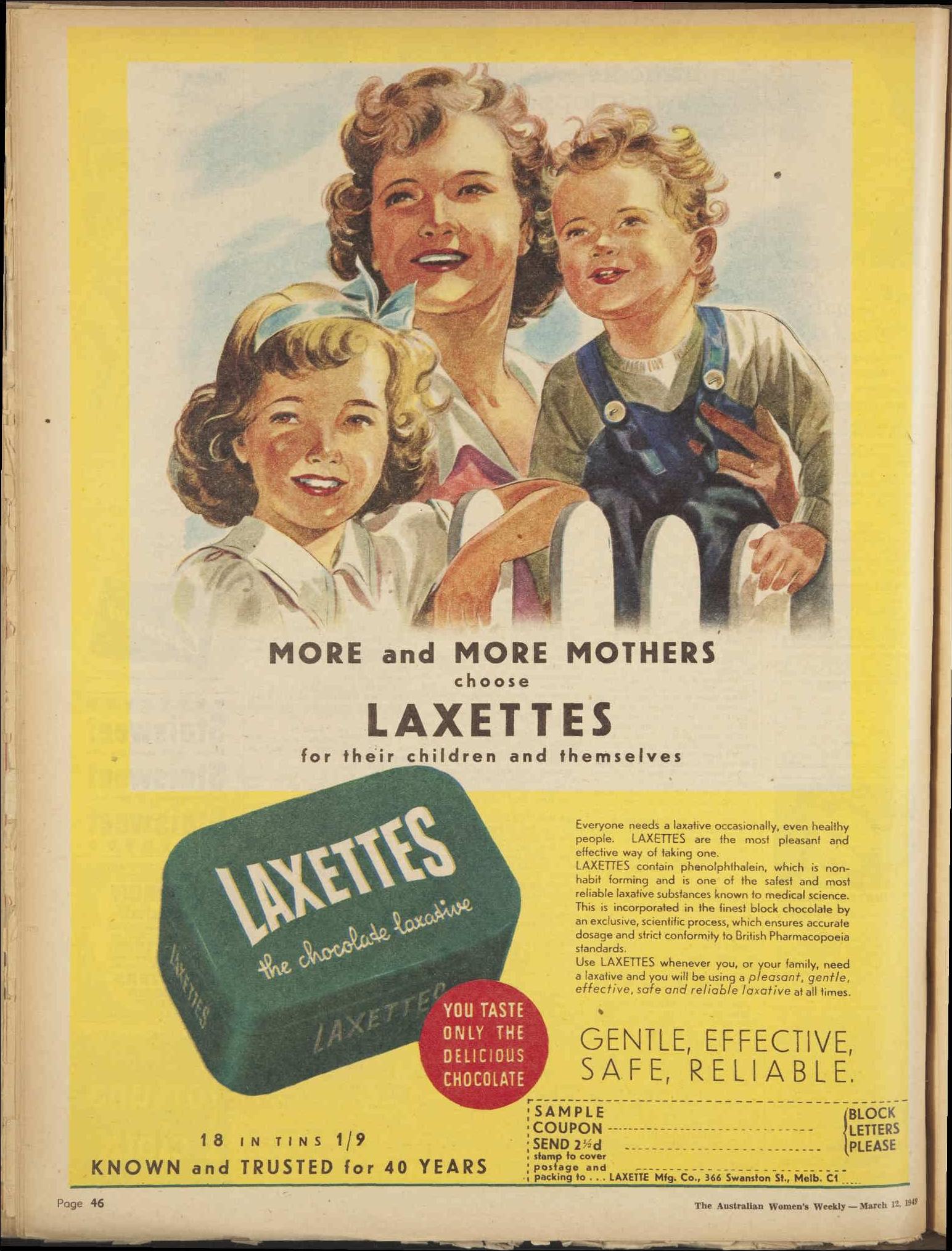 This was a time when rationing of some food items was still in place, meat and tea. Eggs, milk and particularly butter were in restricted supply – sugar was removed from rationing in 1947. I had only experienced brown sugar, so white sugar was a novelty. Chocolate was non-existent, except in Laxettes.
This was a time when rationing of some food items was still in place, meat and tea. Eggs, milk and particularly butter were in restricted supply – sugar was removed from rationing in 1947. I had only experienced brown sugar, so white sugar was a novelty. Chocolate was non-existent, except in Laxettes.
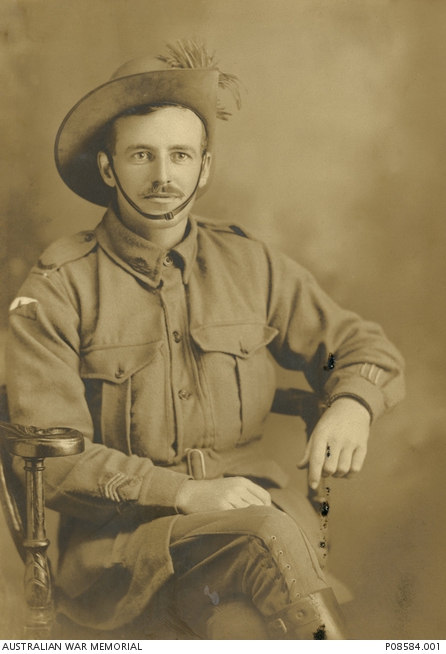
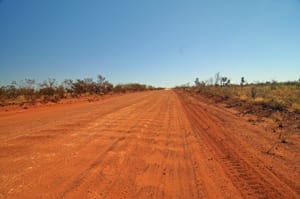
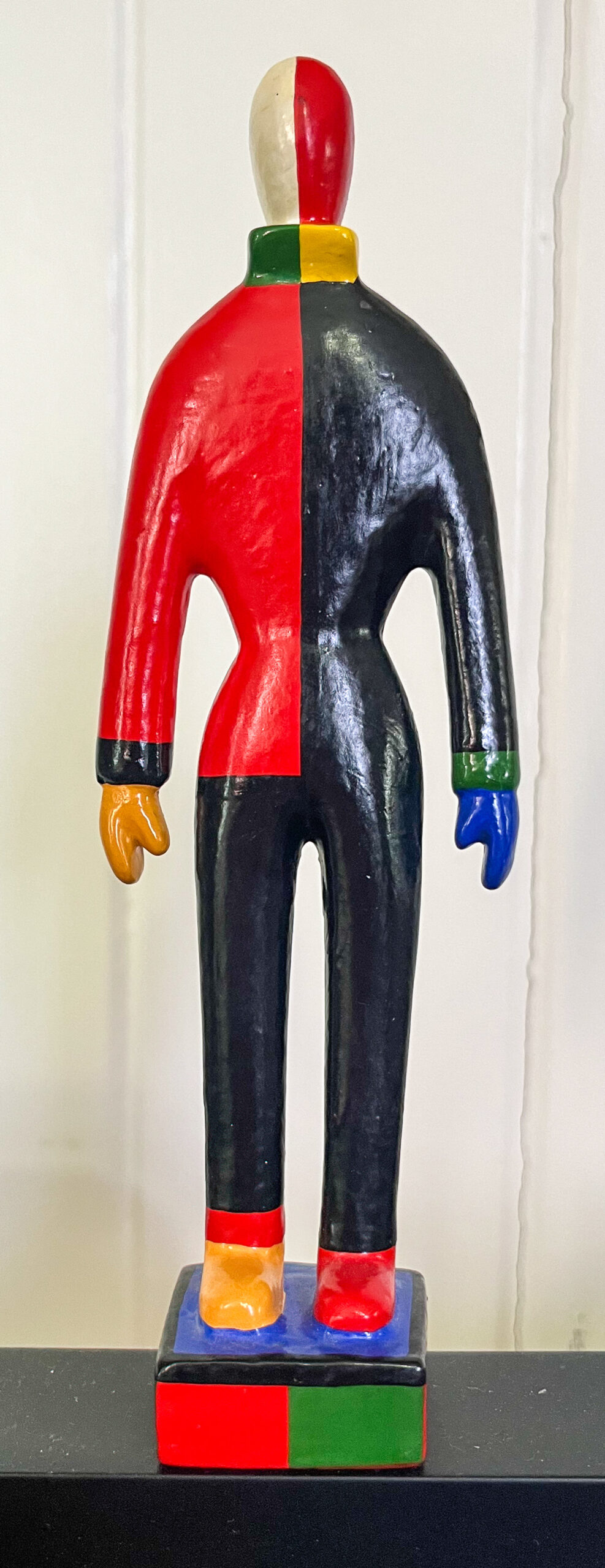 I stare hard at the figurine of one of the Athletes in the painting by Kazimir Malevich. I purchased the figurine as a memento of the Malevich exhibition. It was the one with half the head coloured red the other side white. The rest of the figurine is a mixture of red and black. It doesn’t look like an Athlete, but I read the explanation, with which I headed this piece. I also have a coffee table book which shows most of his paintings, as well as a set of Malevich postcards and a large poster titled The Carpenter, which was painted and reflects very much the style he used in The Athletes.
I stare hard at the figurine of one of the Athletes in the painting by Kazimir Malevich. I purchased the figurine as a memento of the Malevich exhibition. It was the one with half the head coloured red the other side white. The rest of the figurine is a mixture of red and black. It doesn’t look like an Athlete, but I read the explanation, with which I headed this piece. I also have a coffee table book which shows most of his paintings, as well as a set of Malevich postcards and a large poster titled The Carpenter, which was painted and reflects very much the style he used in The Athletes.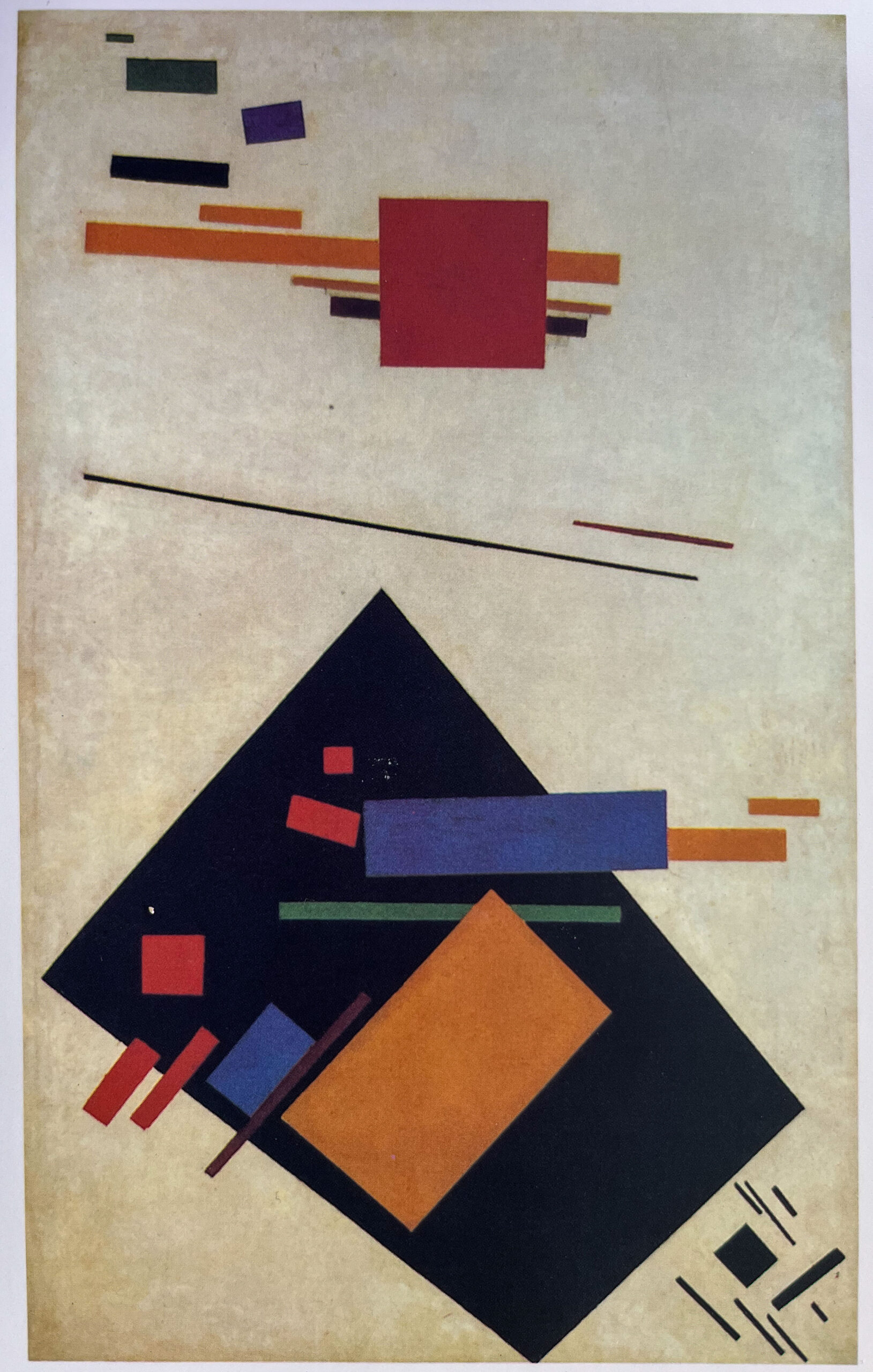
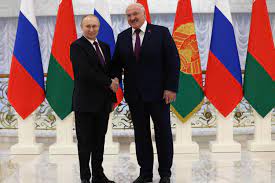
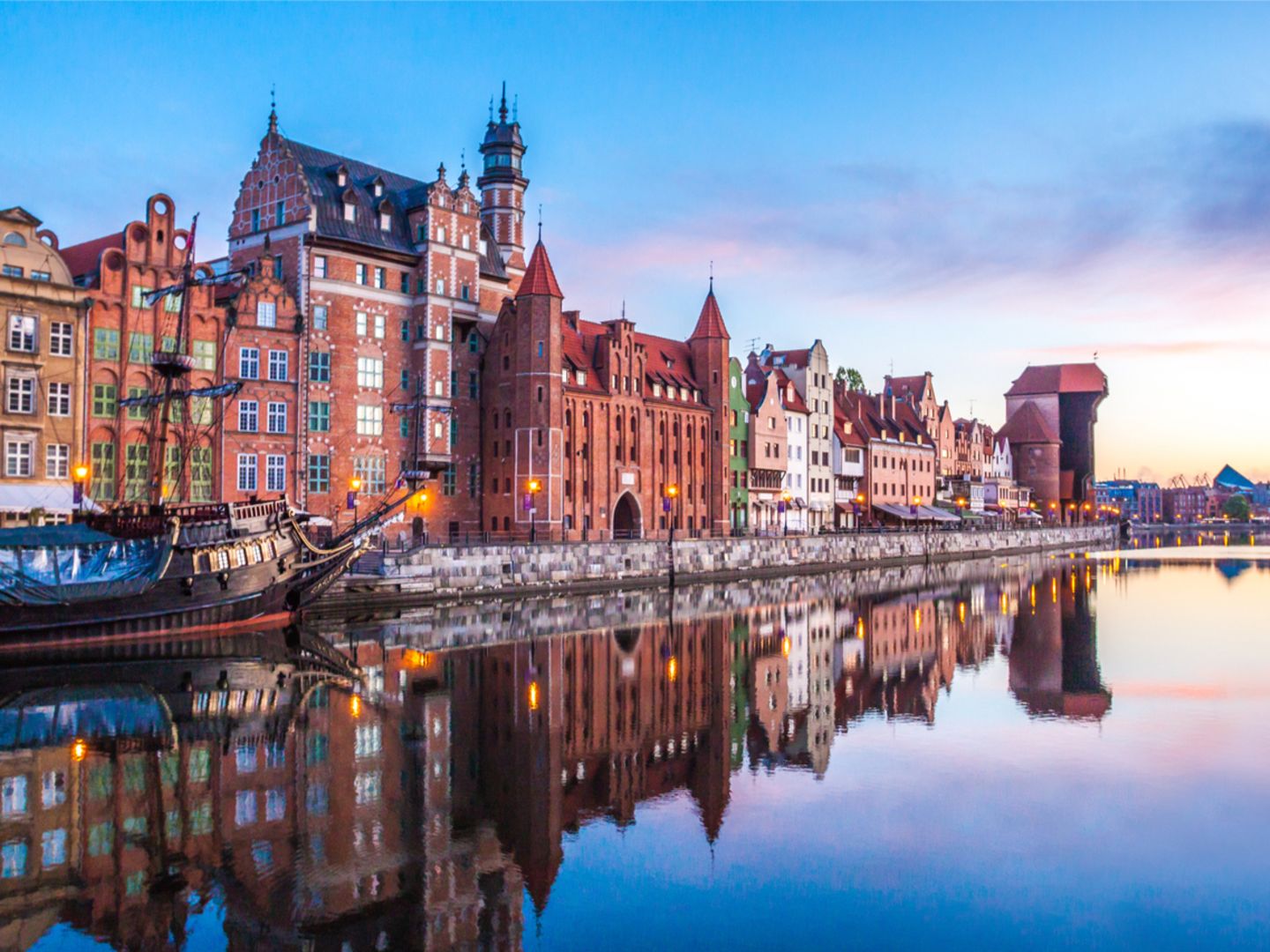


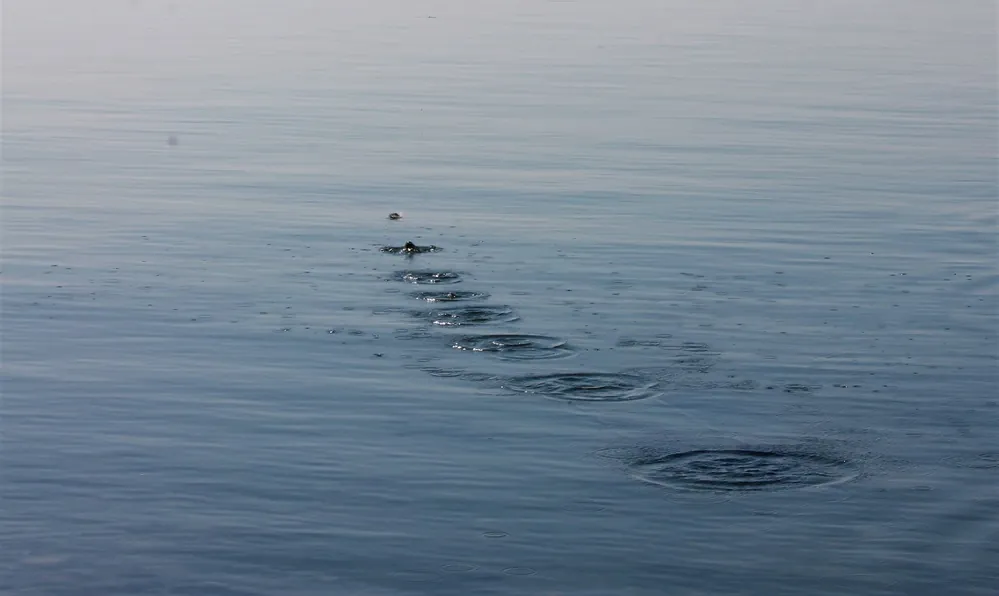
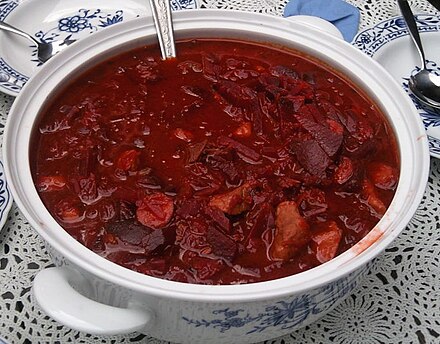 I was reminded of the first by this long article in The Guardian about borscht. I advisedly spell it the Yiddish way because it was presented to us one Friday night at Shabbat. As I understand it, heating the food for Shabbat is not done, so when we sat down we were presented with this blood red beetroot cold soup. For those of us not used to such soup, including myself, I felt as I sipped it, my stomach immediately rejecting it and that going down was met by that coming up. I was not alone. There is no etiquette for vomiting at the dinner table, especially when presented with a signature dish. There was a certain embarrassment, but the gefilte fish attracted more positive comments. I must say that I have eaten borscht since, but always warm – not that I have a phobia about cold soup. Iced gazpacho on a hot day is a magnificent culinary antidote on such a day.
I was reminded of the first by this long article in The Guardian about borscht. I advisedly spell it the Yiddish way because it was presented to us one Friday night at Shabbat. As I understand it, heating the food for Shabbat is not done, so when we sat down we were presented with this blood red beetroot cold soup. For those of us not used to such soup, including myself, I felt as I sipped it, my stomach immediately rejecting it and that going down was met by that coming up. I was not alone. There is no etiquette for vomiting at the dinner table, especially when presented with a signature dish. There was a certain embarrassment, but the gefilte fish attracted more positive comments. I must say that I have eaten borscht since, but always warm – not that I have a phobia about cold soup. Iced gazpacho on a hot day is a magnificent culinary antidote on such a day.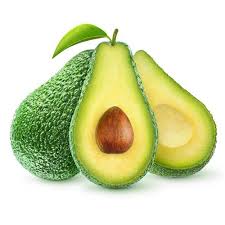 The second disastrous introduction was to the avocado. One night, we had been invited to a dinner party. It was sometime in the early 1960s. The hostess produced this unfamiliar green fruit, which vaguely resembled a pebbled-skin pear. However, nobody had told her that they had to be ripe to eat. Hence, we struggled with the yellowish flesh surrounding the central seed. Unripe avocado flesh, as we found out, was like concrete, and after hacking pieces of this flesh, it proved completely inedible. Nobody had thought to read anything about the fact that avocados had to ripen – and as we were already well lubricated, the avocados were swiftly destined for the rubbish bin.
The second disastrous introduction was to the avocado. One night, we had been invited to a dinner party. It was sometime in the early 1960s. The hostess produced this unfamiliar green fruit, which vaguely resembled a pebbled-skin pear. However, nobody had told her that they had to be ripe to eat. Hence, we struggled with the yellowish flesh surrounding the central seed. Unripe avocado flesh, as we found out, was like concrete, and after hacking pieces of this flesh, it proved completely inedible. Nobody had thought to read anything about the fact that avocados had to ripen – and as we were already well lubricated, the avocados were swiftly destined for the rubbish bin.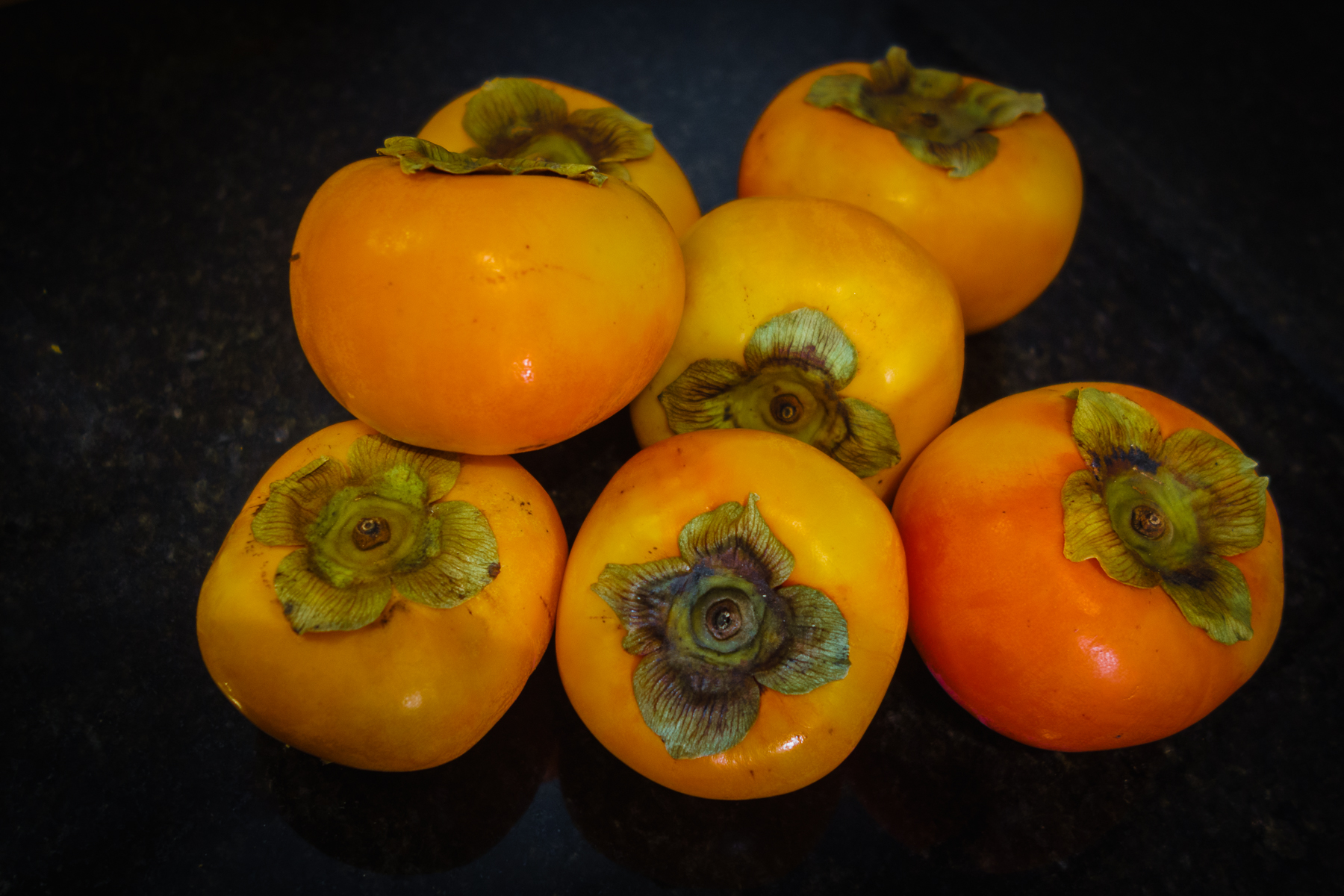 The third disastrous introduction was to the persimmon. There are two varieties of persimmon – those that are astringent when not perfectly ripe and those which are not. This time the particular hostess proudly presented us with persimmons as a treat at the end of the meal. Unfortunately, they were the astringent types, and I referred to my mouth after eating a sliver as being like having an Axminster carpet lining my mouth, so great was the astringency.
The third disastrous introduction was to the persimmon. There are two varieties of persimmon – those that are astringent when not perfectly ripe and those which are not. This time the particular hostess proudly presented us with persimmons as a treat at the end of the meal. Unfortunately, they were the astringent types, and I referred to my mouth after eating a sliver as being like having an Axminster carpet lining my mouth, so great was the astringency.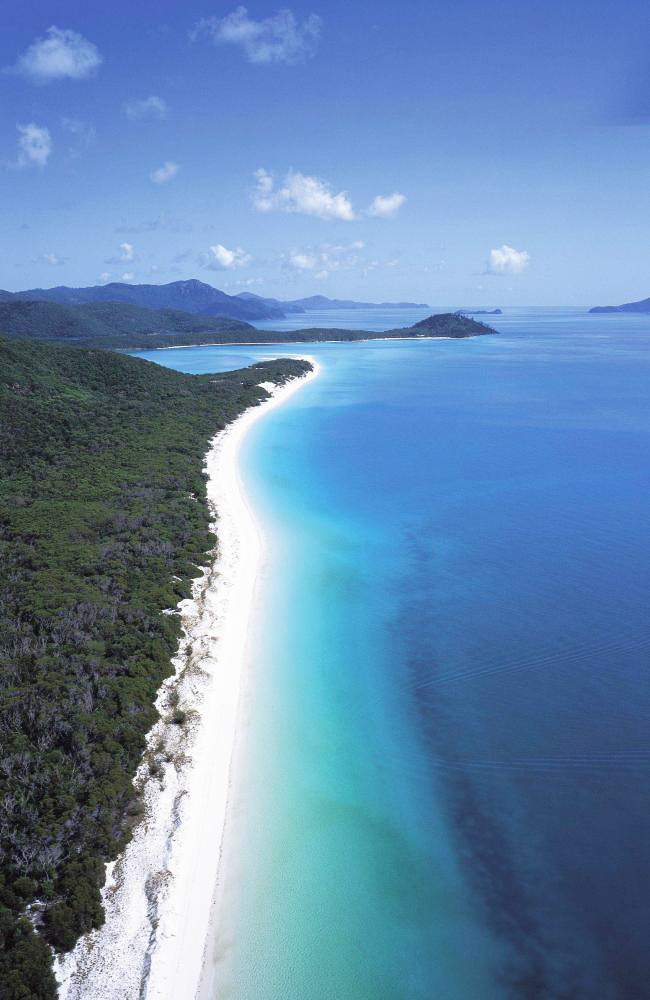
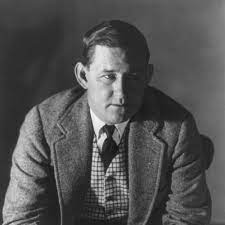
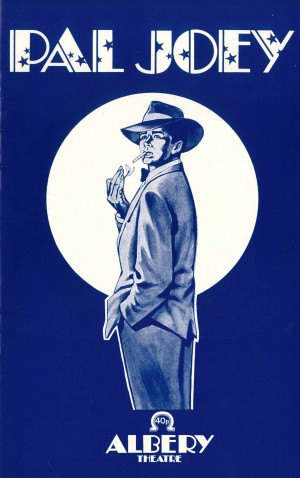
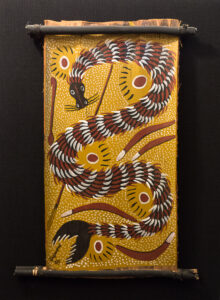
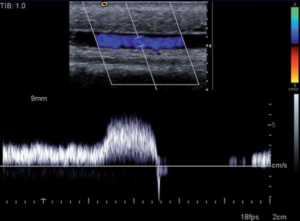
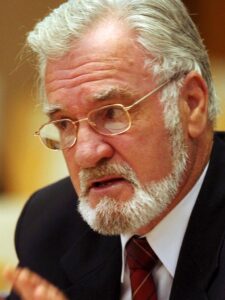
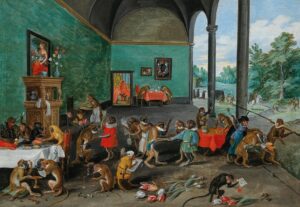
 The value of the bulb during this hectic three period provided a way to extricate oneself from, if not poverty, at least to being able to afford a decent house -only if you sold early. However, given where many of the transactions took place as the author of Tulipomania wrote: “The trade was conducted for the most part in a haze of inebriation.”
The value of the bulb during this hectic three period provided a way to extricate oneself from, if not poverty, at least to being able to afford a decent house -only if you sold early. However, given where many of the transactions took place as the author of Tulipomania wrote: “The trade was conducted for the most part in a haze of inebriation.”


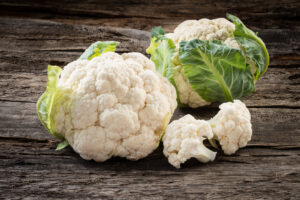
 I am a pilgrim with a P/C, a bag of hessian straggling along the cyber pathway, lined by an array of “punitive cybresses”.
I am a pilgrim with a P/C, a bag of hessian straggling along the cyber pathway, lined by an array of “punitive cybresses”.
 For almost two years, the right wing has framed the mask issue as one of personal liberty. And many of the rest of us think of masking in terms of personal risk: If we’re not at risk, we’re thrilled to dispense with the discomfort and inconvenience of an N95.
For almost two years, the right wing has framed the mask issue as one of personal liberty. And many of the rest of us think of masking in terms of personal risk: If we’re not at risk, we’re thrilled to dispense with the discomfort and inconvenience of an N95. 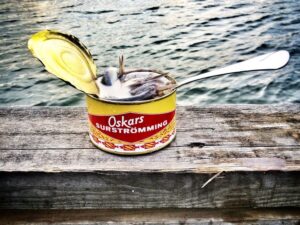
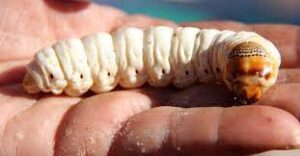 Wonderful in these latter years, there are always questions about dietary idiosyncrasies wherever you are invited out. When one was young, you ate what you were given – swedes, watery marrow and overcooked pork forever irrigated through my memory.
Wonderful in these latter years, there are always questions about dietary idiosyncrasies wherever you are invited out. When one was young, you ate what you were given – swedes, watery marrow and overcooked pork forever irrigated through my memory.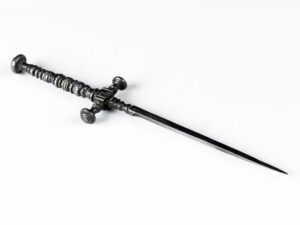 What Australia needs at this point in time is a Savonarola who thinks like Macchiavelli. A national cleanser who has a fine feel for the dorsal stiletto.
What Australia needs at this point in time is a Savonarola who thinks like Macchiavelli. A national cleanser who has a fine feel for the dorsal stiletto.
